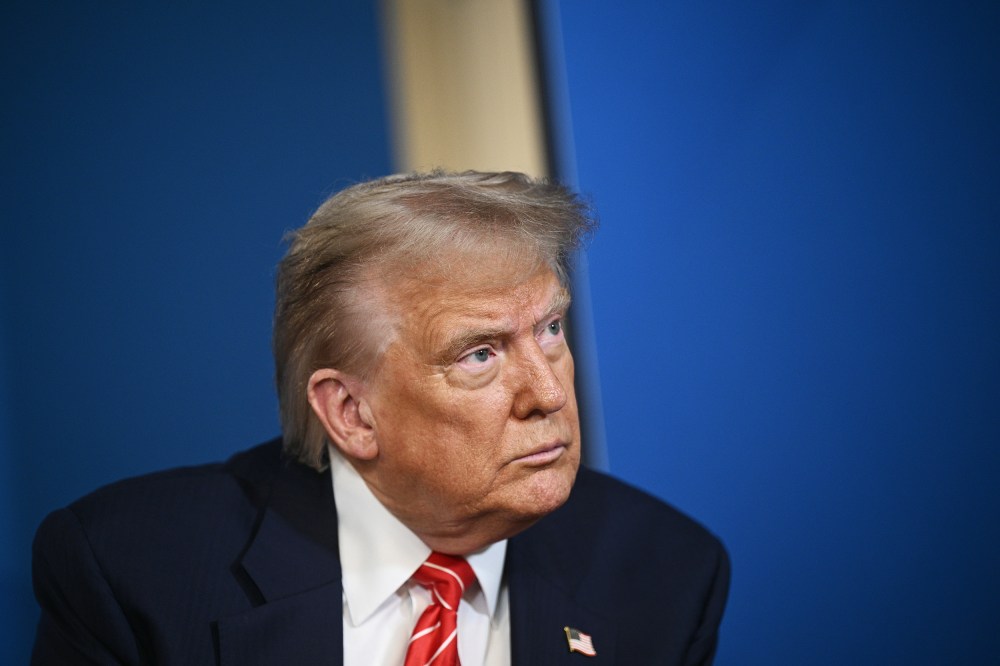The private equity industry wants to get into your 401(k). The industry is lobbying the Trump administration to issue an executive order that would open the way for retirement plans to add private equity investments. The effort brings to mind Groucho Marx’s famous observation, “I don’t want to belong to any club that will accept me as a member.” Why would this supposedly elite investment class want the Trump administration to make it easier for small-time savers to invest in their offerings?
The answer, as you might suspect, is nothing good.
Before I proceed further, some explanations are in order. Private equity consists of companies and other investments controlled by private firms, which are almost always acquired with significant amounts of debt — hence the term “leveraged buyout.” The stated idea is to buy a company, overhaul its underlying finances, and then sell it again within a few years at a profit.
The private equity industry boomed following the 2008 financial crisis, when consistently low interest rates facilitated mergers and acquisitions. While the industry blamed then-Federal Trade Commission Chair Lina Khan and the Biden administration’s tougher antitrust enforcement for the end of the M&A boom, the real culprit was the return of high interest rates and private equity shops overvaluing their holdings. Unable to sell many of their holdings at the price they would like, and short of traditional institutional investors in their funds, where can private equity turn? I’m afraid that this is where you enter the picture.
The industry has every reason to expect help from this White House. Republicans in Congress have already placed a provision in Trump’s big, beautiful budget bill that would increase the tax break for interest payments on the leveraged buyouts that private equity loves. And toward the end of Trump’s first term, his administration loosened regulations surrounding 401(k) accounts, agreeing with industry lobbyists that the arena met the standard of a “prudent” investment for retirement savers.
To be clear, in the view of many, it is not. The Biden administration, for instance, backtracked on much of the previous Trump-era guidance. And employers, who are considered fiduciaries for worker retirement accounts and can find themselves in court battling their former employees if things don’t work out, didn’t exactly race in to offer up private equity offerings in 401(k) accounts.
Champions of private equity claim that with promising startups and other companies less likely to go public than in the past, private equity could give mom-and-pop savers access to greater diversity in their portfolios as well as the possibility of higher returns.
The reality is different. The industry is famously opaque, and its high fees cannibalize much of the gains. “PE funds may look good on paper since they place a high value on their unsold companies, but this is not money that investors can take to the bank,” says Eileen Appelbaum, the co-director of the Center for Economic and Policy Research. “Since mid-2022, the companies in private equity portfolios have been overvalued, and PE funds have been unable to sell them at the price they are demanding.”
The result is a poor investment — except for the fat cats collecting management fees on it, that is. A recent analysis found that the S&P 500 returned better results than private equity over a one-, three-, five-, and 10-year period. Multiple other studies have yielded similar results.











